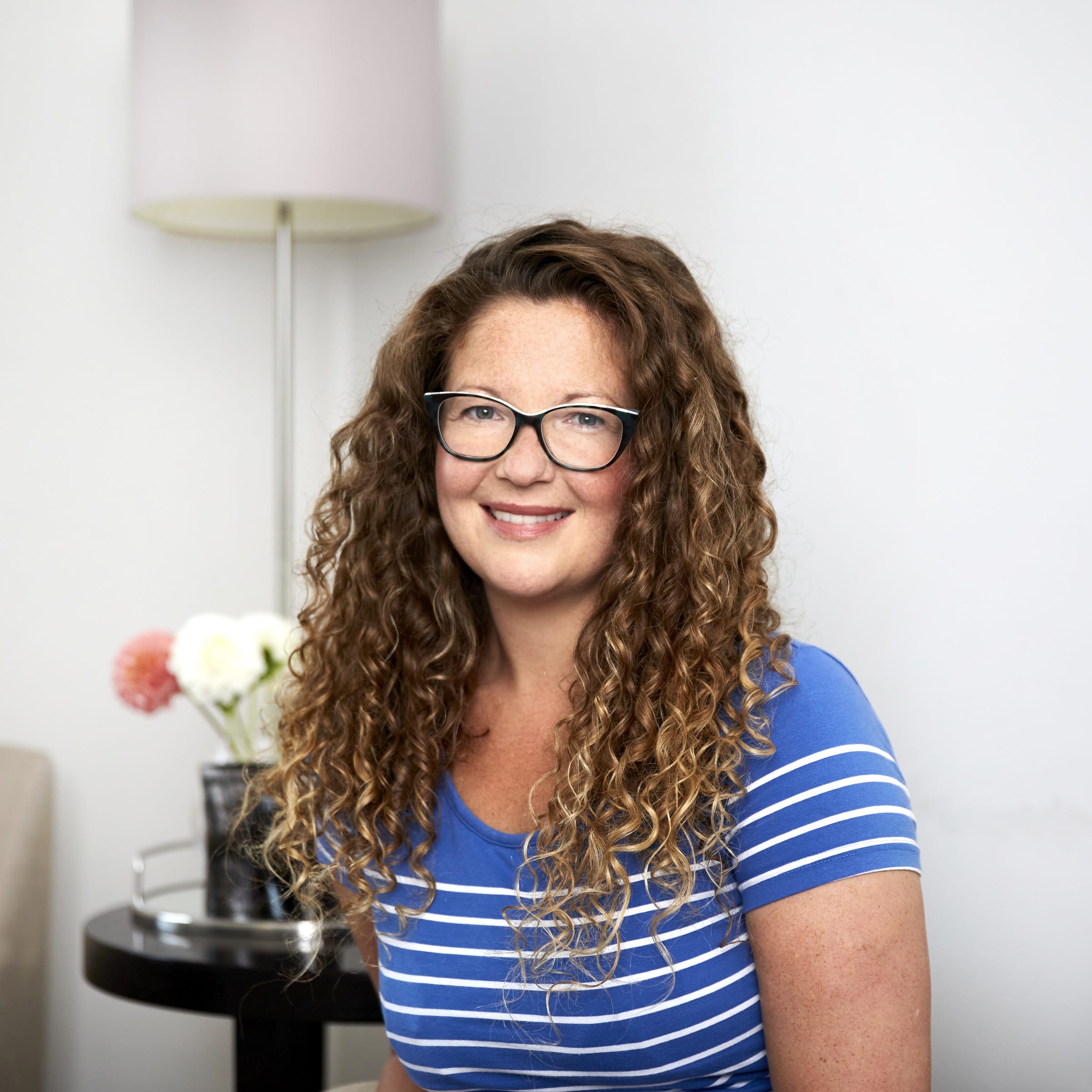Video Description
Emma Smith, a Chelsea based private psychologist, recommends that couples who are having relationship difficulties should consider therapy early on before the situation deteriorates to a breaking point. Chelsea Psychology Clinic are a group of London psychologists and psychiatrists offering private psychological therapy and psychiatry treatment from their premises across central London and Chelsea. The private therapy sessions cover the following areas: – Acceptance & Commitment Therapy – Cognitive Analytic Therapy – Cognitive-behavioural Therapy – Couples Therapy – Dialectical-behaviour Therapy – Mentalisation Based Treatment – Mindfulness Based Cognitive Therapy – Schema Therapy https://www.thechelseapsychologyclinic.com
Video Transcription
I think coming into therapy early enough before the relationship has got to breaking point so we see a lot of stages in couples’ relationships when things are getting difficult and you know it can start with conflict and trying to resolve things and when it progresses to the point where there’s real kind of contempt in the relationship and it can be really difficult to start having a conversation and reconnecting with each other’s needs and wishes for the relationship. Coming in early enough I think is a really, really important indicator for how effective the therapy would be.

